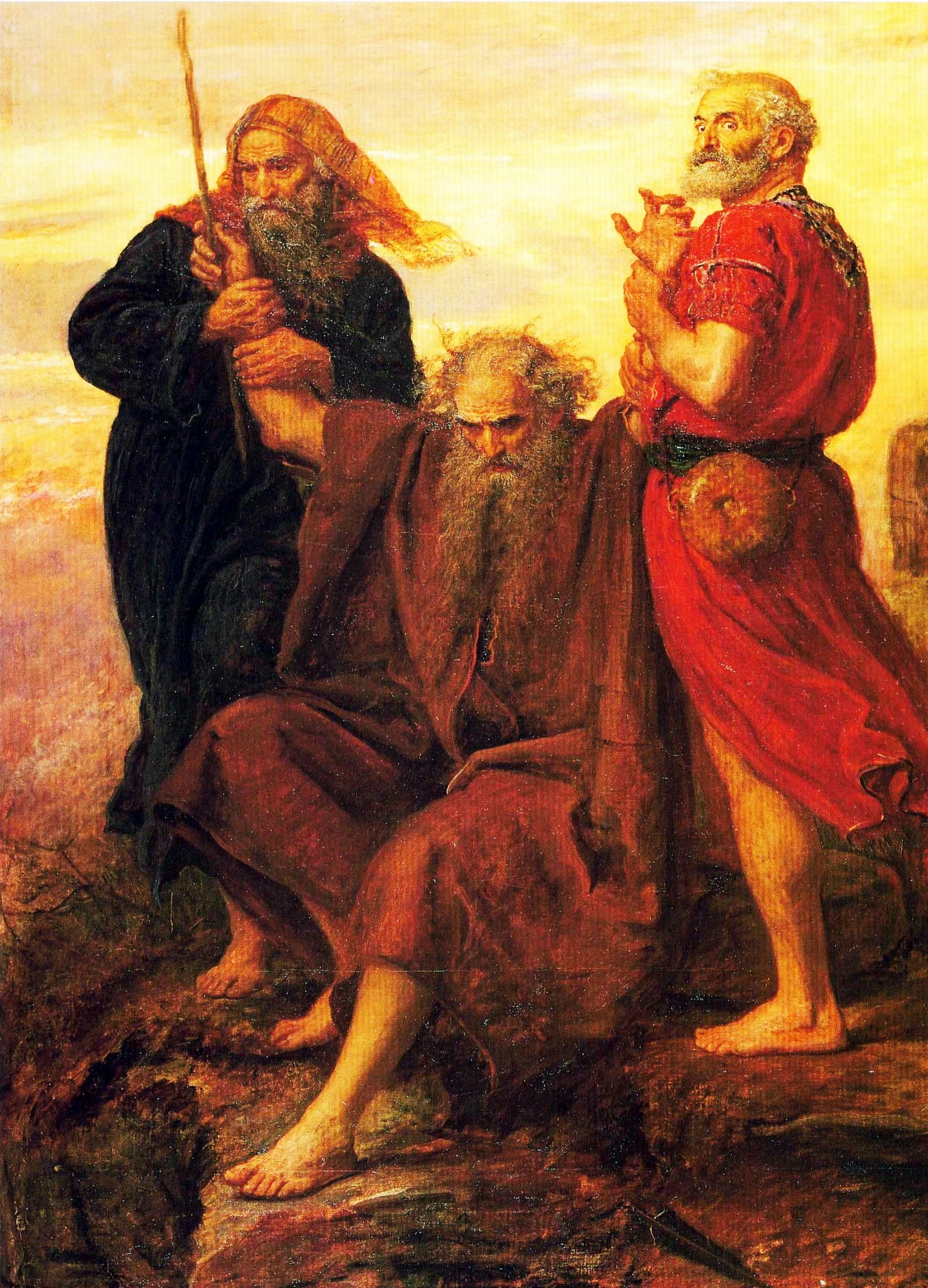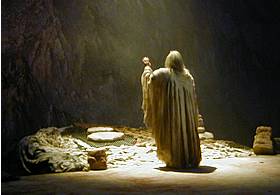
Exodus 17:8-13 Then Amalek came and fought against Israel at Rephidim. 9 So Moses said to Joshua, “Choose men for us and go out, fight against Amalek. Tomorrow I will station myself on the top of the hill with the staff of God in my hand.” 10 Joshua did as Moses told him, and fought against Amalek; and Moses, Aaron, and Hur went up to the top of the hill. 11 So it came about when Moses held his hand up, that Israel prevailed, and when he let his hand down, Amalek prevailed. 12 But Moses’ hands were heavy. Then they took a stone and put it under him, and he sat on it; and Aaron and Hur supported his hands, one on one side and one on the other. Thus his hands were steady until the sun set. 13 So Joshua overwhelmed Amalek and his people with the edge of the sword."
Introduction:
There are two places we look to in the New Testament when studying the subject of deacons: Acts 6:1-7 and 1 Timothy 3:7-13. A deacon's most fundamental function is to "serve". Deacons serve the spiritual leadership and the people of God. Though the office of Deacon is a New Testament office in the church, the principle of certain persons serving God's people and spiritual leadership are found in the Old Testament. One example of this is found in Exodus 17:8-13.
The battle between Joshua and the Amalekites would be any other battle except for one detail: two men holding up Moses' arms atop the mountain overlooking the scene. Joshua was charged to lead the ancient Israelite army against the Amalekite forces. Military prowess would not win this battle. Prayer would see this victory. The battle on the ground would follow the course of the battle atop the mountain.
Whenever I see Aaron and Hur propping-up Moses' arms, there is a picture of the place of Deacons in conjunction with the pastor. Just as Moses was a servant of God, leading the people of God and preaching His word (see the three main sermons of Deuteronomy 4-27 and Hebrews 3:4), so to is the pastor a servant leader that is called to feed the flock with the Word of God (see 1 Peter 5:1-4). Moses told Joshua in Exodus 17:9 that he would "station himself" atop the mountain whilst the people of God fought their enemy. Pastors stand in the gap to equip God's people, preach His word and pray (see 1 Timothy 4:13-16; Hebrews 13:7,17). In Acts 6:2-4 we find the Apostles describing what they did as that of "giving ourselves to prayer and the ministry of the Word".
As the church militant fights the fight of faith, needs arise. We find in Exodus 17 the forces of Amalek opposing God's people. Lest there were prayer warriors standing in the gap, the three "d's" (doubt, depression, discouragement) would set-in on the people. Moses was stationed. Moses became spent. Ministry is draining if not accompanied by regular intercession - which was why Aaron and Hur came along side Moses.
In Acts 6 we find great need. Certain widows in the church were neglected. The Apostles knew that pure religion before our God is that widows and orphans are cared for in time of need (see James 1:26-27). Yet they also knew that the Gospel needed to spread throughout the Mediterranean world. The time came to request of the church to select seven men - i.e., the archetypes to New Testament Deacons. We read in Acts 6:3-5a
"Therefore, brethren, select from among you seven men of good reputation, full of the Spirit and of wisdom, whom we may put in charge of this task. 4 But we will devote ourselves to prayer and to the ministry of the word.” 5 The statement found approval with the whole congregation....".
Deacon ministry is not easy, nor is it for everyone - yet it is vitally important. Acts 6:1-7 and 1 Timothy 3:8-13 lay out the following "job-description":
1. Be a servant. Acts 6:2; 1 Timothy 3:13
2. Be Spirit-filled. Acts 6:3
a. Have a testimony “who are known”
b. Filled or controlled by the Holy Spirit
c. Full of or characterized by wisdom
3. Be a committed Christian that desires influence others for Jesus. 1 Timothy 3:8-12
a. Worthy of respect 3:8
b. Sincere (not talking out of both sides of the mouth) 3:8
c. Not given to much wine 3:8
d. Not greed (competing for material wealth) 3:8
e. Holding the deep truths of the faith (committed to biblical truth) 3:9
f. Above reproach (no one has anything bad to say about them) 3:10
g. Be tested (Looking for spiritual and moral integrity) 3:10
h. Faithful and believing wife 3:11
i. Have a well-managed or sound household 3:12
j. Sound marriage 3:12
The result? In Acts 6, needs were met and the Gospel spread. Whenever we see Aaron and Hur upholding Moses' arms in Exodus 17, what is the outcome? Exodus 17:12-13 states:
"But Moses’ hands were heavy. Then they took a stone and put it under him, and he sat on it; and Aaron and Hur supported his hands, one on one side and one on the other. Thus his hands were steady until the sun set. 13 So Joshua overwhelmed Amalek and his people with the edge of the sword."
Closing thoughts:
Good, godly servants of the Lord - Aaron and Hur - were willing, available and ready to serve God's man and God's people. Joshua and the Israelites were all the better for it. The battle on the ground was influenced by what went on above them. These same principles are why we have New Testament Deacon ministry. When good, godly men, willing and ready to serve, step up to aid their pastors and God's people - everyone wins.






